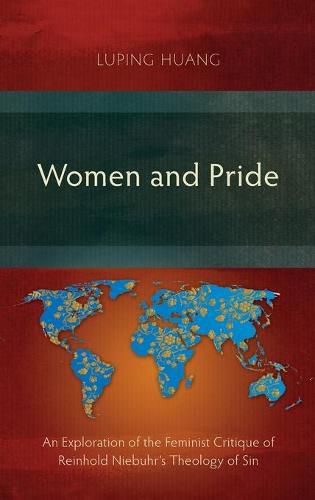Readings Newsletter
Become a Readings Member to make your shopping experience even easier.
Sign in or sign up for free!
You’re not far away from qualifying for FREE standard shipping within Australia
You’ve qualified for FREE standard shipping within Australia
The cart is loading…






This title is printed to order. This book may have been self-published. If so, we cannot guarantee the quality of the content. In the main most books will have gone through the editing process however some may not. We therefore suggest that you be aware of this before ordering this book. If in doubt check either the author or publisher’s details as we are unable to accept any returns unless they are faulty. Please contact us if you have any questions.
Reinhold Niebuhr is largely regarded as the leading twentieth-century theologian of sin. However, many feminist theologians criticize Niebuhr’s view of pride as the primary sin, arguing that it fits only with men’s experience. In this detailed study, Dr Luping Huang engages with Niebuhr and his feminist critics to provide a response to the feminist critique of Niebuhr’s theology of sin.
Dr Huang provides a thorough analysis and examination of both the Niebuhrian and fe
$9.00 standard shipping within Australia
FREE standard shipping within Australia for orders over $100.00
Express & International shipping calculated at checkout
This title is printed to order. This book may have been self-published. If so, we cannot guarantee the quality of the content. In the main most books will have gone through the editing process however some may not. We therefore suggest that you be aware of this before ordering this book. If in doubt check either the author or publisher’s details as we are unable to accept any returns unless they are faulty. Please contact us if you have any questions.
Reinhold Niebuhr is largely regarded as the leading twentieth-century theologian of sin. However, many feminist theologians criticize Niebuhr’s view of pride as the primary sin, arguing that it fits only with men’s experience. In this detailed study, Dr Luping Huang engages with Niebuhr and his feminist critics to provide a response to the feminist critique of Niebuhr’s theology of sin.
Dr Huang provides a thorough analysis and examination of both the Niebuhrian and fe